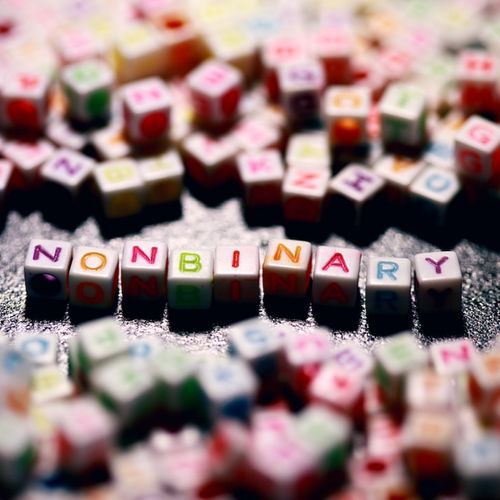Sex and gender: what's the difference?
Sep 27, 2022 · 2 mins read
0
Share

Sex is usually assigned at birth by a doctor after inspecting the genitalia or through prenatal sex discernment. While sex is based on biology, gender is a social construct. Gender is created by humans with its own set of expectations and rules.
Save
Share
Licensed psychologist and LTBTQ+ sex educator Liz Powell says sex versus gender is a complicated area: “Gender is someone’s own internal understanding about whether they are a man or a woman, something in between, or none of those things.”
Save
Share
Kinds of gender:Transgender: A person whose gender identity doesn’t match with the sex they were assigned at birth. For example, if you were born with a penis and feel and consider yourself to be a female.
Save
Share
Cisgender: A person whose gender matches their sex assigned at birth. “Trans is not aligned with what was determined [at birth], whereas cis is aligned with what was determined,” says therapist Kelly Wise, PhD, who also identifies as trans.
Save
Share
Cishet: Cisgender Heterosexual, or Cishet for short, is a person who identifies as the gender they were assigned at birth, and they're attracted to people of the opposite gender. Basically, they are straight and cisgender.
Save
Share
Agender: “A” refers to the “absence of something”. A person who is Agender experiences “absence of any gender feelings or affiliation,” says Courtney D’Allaird, assistant director of the Gender and Sexuality Resource Center at the University of Albany.
Save
Share
Intersex: Intersex people are born with ambiguous genitalia. A person may have female genitals on the outside but male anatomy on the inside. According to the UN’s Office of the High Commissioner for Human Rights, "they do not fit typical binary notions of male or female bodies".
Save
Share
Gender-fluid: Liz Powell says, “People who are gender fluid find themselves moving between different gender presentations and identifications. They may identify as a man/masculine one day and as a woman, or feminine another day and move between these expressions of their gender.
Save
Share
Non-binary: People who reject the division of male/female entirely. “They’re like, Whoa, I’m way more complicated than that. Don’t box me in!” says Courtney D’Allaird. One can be trans, gender fluid, and non-binary all at the same time.
Save
Share
Final Note: Humans put people in boxes, & anyone outside of it makes them uncomfortable. Accepting people different from us is crucial to make our society better. Judith Butler’s classic “Gender Trouble” is worth reading for a greater intellectual context.
Save
Share
0